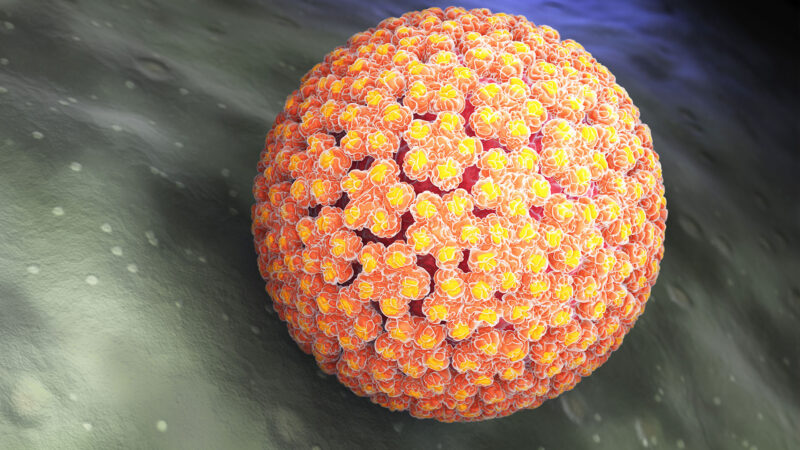RESEARCHER PROFILE
Professor Sant-Rayn Pasricha (Filmed April 2024)
Study lead and Acting WEHI Deputy Director
WEHI (Walter and Eliza Hall Institute of Medical Research)
Clinical Haematologist Royal Melbourne Hospital & Peter MacCallum Cancer Centre
Professor Sant-Rayn Pasricha is the Acting Deputy Director at the Walter Eliza Hall Institute of Medical Research in Melbourne, Australia. He is also a clinical haematologist at the Royal Melbourne Hospital and the Peter MacCallum Cancer Centre. From a young age, Prof Pasricha dreamed of becoming a doctor and found joy in learning about the human body and how to care for patients. After completing medical school, he developed a passion for working in low and middle-income countries, which led him to spend time working in East Timor, India, and Central Australia with First Nations communities.
Prof Pasricha went on to specialise in haematology, which covers a wide range of fields, including cancer biology, immunology, transplant, nutrition, pathology, and red cell blood transfusion. He completed his haematology training and earned a PhD in global health, which allowed him to explore his interests in public health, global health, and haematology. Prof Pasricha focused his research on the significant and common issue of anaemia, particularly in low-income countries. He conducted field studies in the villages of Karnataka, India, and spent five years working in the lab at the University of Oxford to understand iron biology.
Currently, Pasricha runs his own lab at WEHI, where he serves as a lab and division head, conducting anaemia research. His lab covers a range of basic science research areas, including exploratory biology on how red blood cells are made, iron biology, and the role of inflammation in anaemia. Additionally, his lab conducts global trials in Africa and South Asia to prevent and treat anaemia and nutritional disorders in children and pregnant women.
Prof Pasricha’s lab completed a large analysis on haemoglobin thresholds to define anaemia, which informed the new World Health Organization guidelines on anaemia. The lab also conducts large randomised controlled field studies on ways to treat anaemia in pregnancy and young babies in Malawi and Bangladesh.
Prof Pasricha is passionate about improving the health of people in low-income countries and finding innovative solutions to improve the health of mothers and children in particular. He focuses on anaemia, nutrition, and exposure to infectious diseases. Prof Pasricha is also deeply curious about how the body works and how different systems interact with each other and the outside environment.
As a clinician scientist, Pasricha finds his job both busy and fulfilling. He enjoys taking care of patients, keeping up with breakthroughs in medicine, and running a research program. Prof Pasricha spends a substantial amount of time thinking about his work and planning the next experiment or study. Outside of work, he enjoys spending time with his three children and being involved in the community.
You Might also like
-
Investigating new approaches to target plaque inflammation in atherosclerosis
Associate Professor Peter Psaltis is an Academic Interventional Cardiologist who holds Level 2 NHMRC Career Development and National Heart Foundation Future Leader Fellowships. He has Faculty positions within the University of Adelaide, Central Adelaide Local Health Network (CALHN) and South Australian Health and Medical Research Institute (SAHMRI). Within SAHMRI, he is the Co-Theme Leader of the Lifelong Health, Program Leader of Heart and Vascular Health and Co-director of the Vascular Research Centre in the Lifelong Health Theme.
-
Big data to improve the use of antidepressant medicines in aged care
Georgina Hughes is a pharmacist & PhD Candidate with the University of South Australia Clinical and Health Sciences and the Registry of Senior Australians (ROSA), undertaking research at South Australian Health and Medical Research Institute (SAHMRI).
Georgina’s PhD study and first published paper was on how to improve the safe and effective use of antidepressant medicines and optimise quality use of medicines in older people accessing residential aged care.
-
Professor Christoph Hagemeyer
RESEARCH IN NANOBIOTECHNOLOGY
@ MONASH UNIVERSITY
VICTORIA, AUSTRALIA



